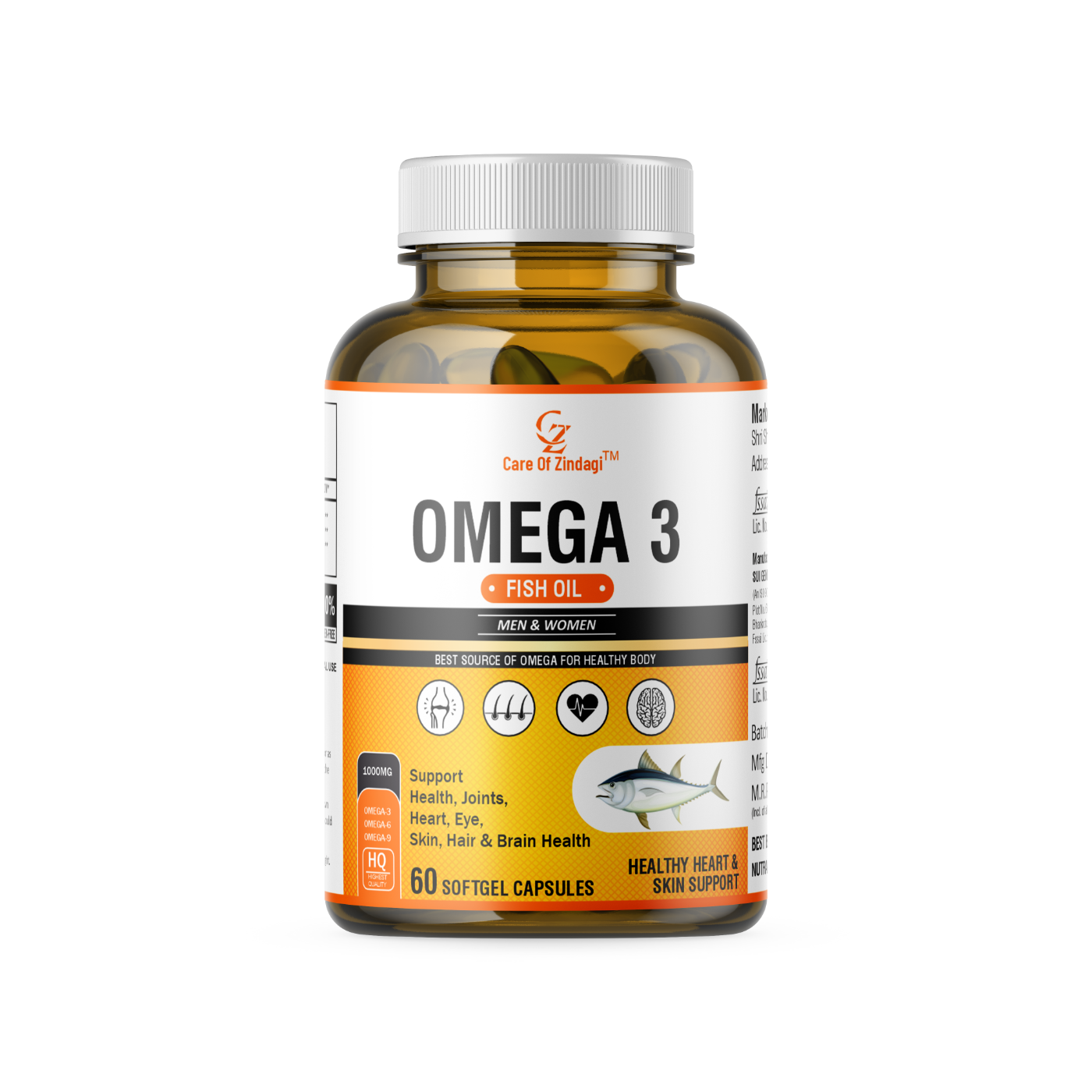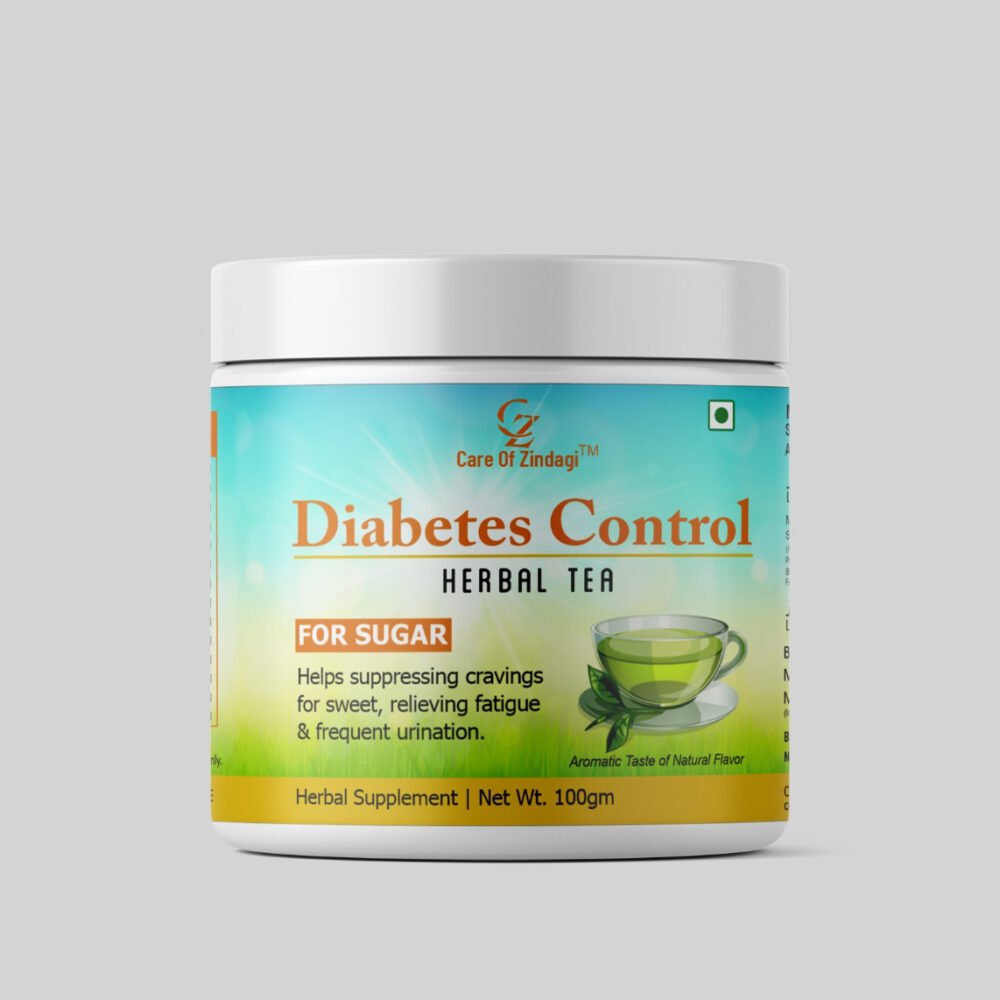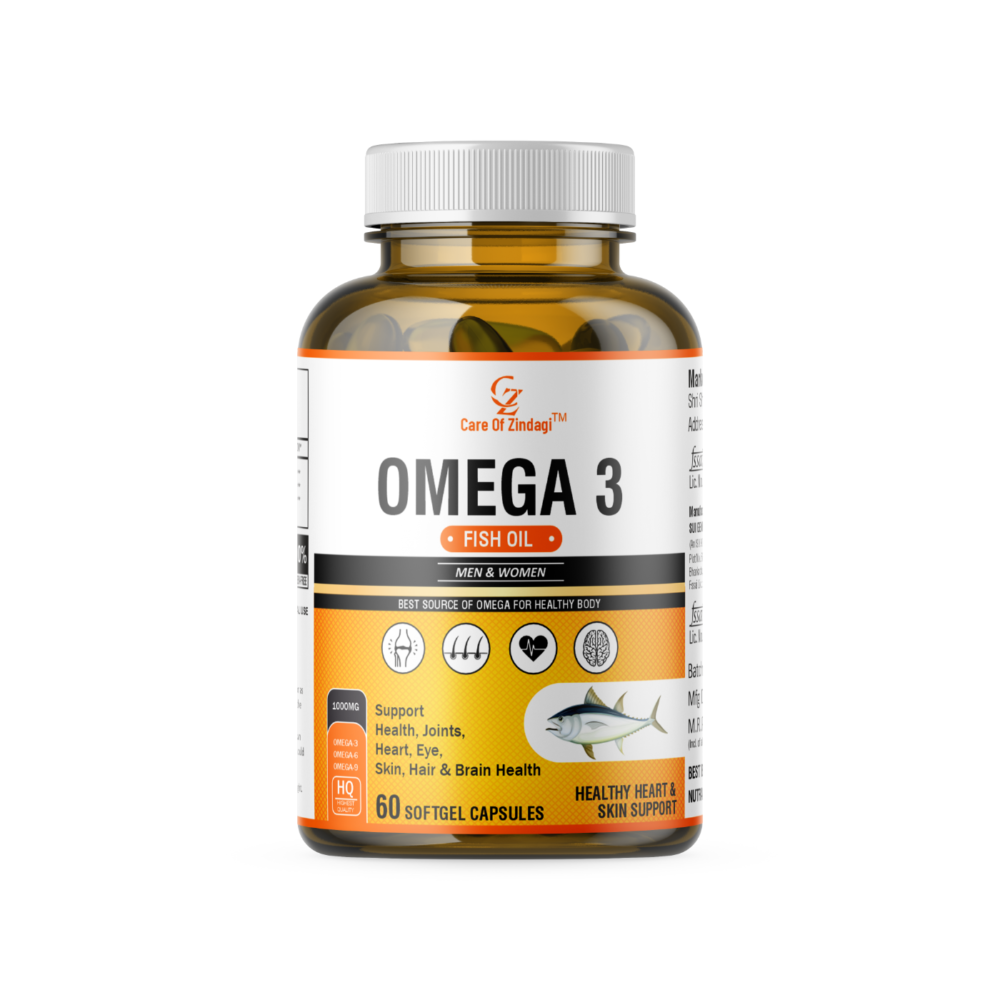Understanding Omega-3 Fatty Acids
Omega-3 fatty acids are essential fats that the body cannot produce on its own, making them crucial components of a healthy diet. There are three primary types of omega-3 fatty acids: Eicosapentaenoic acid (EPA), docosahexaenoic acid (DHA), and alpha-linolenic acid (ALA). EPA and DHA are predominantly found in marine sources, such as fatty fish, while ALA is primarily derived from plant sources like flaxseeds and walnuts.
The chemical structure of omega-3 fatty acids is characterized by the presence of a double bond at the third carbon atom from the end of the carbon chain. This unique structure is responsible for their beneficial properties, particularly their role in reducing inflammation throughout the body. Omega-3s contribute to heart health by lowering blood triglyceride levels, reducing blood pressure, and preventing the formation of blood clots. Additionally, research indicates that these fatty acids support brain health by enhancing cognitive function and potentially lowering the risk of various neurodegenerative diseases.
Historically, omega-3 fatty acids have been recognized for their significance in various cultures. For instance, traditional Inuit diets, which are rich in fish, have been linked to lower rates of heart disease and other inflammatory disorders. Over time, the appreciation for omega-3 fatty acids has evolved, as their potential benefits have garnered scientific interest and validation. This growing body of research continues to uncover the vital roles these fatty acids play in human health, highlighting their indispensable nature in maintaining overall well-being.
In summary, understanding omega-3 fatty acids involves recognizing their types, chemical structure, and the various health benefits they offer, including their anti-inflammatory properties and contributions to heart and brain health. With an increasing emphasis on nutritional science, omega-3 fatty acids are becoming an essential focus for promoting healthier lifestyles.
Sources and Supplements of Omega-3
Omega-3 fatty acids are essential fats that our bodies cannot produce independently, making it imperative to obtain them through our diet or supplements. The primary sources of omega-3 can be categorized into two main groups: animal-based and plant-based. Among animal sources, fatty fish like salmon, mackerel, sardines, and herring rank the highest in omega-3 content. These fish not only provide omega-3 in the form of EPA ( Eicosapentaenoic acid) and DHA (docosahexaenoic acid), but they also deliver additional health benefits such as high-quality protein and essential vitamins.
For individuals following a vegetarian or vegan diet, plant-based sources of omega-3 are viable alternatives. Flaxseeds, chia seeds, hemp seeds, and walnuts are rich in ALA (alpha-linolenic acid), a plant-derived omega-3 fatty acid. While ALA must be converted by the body into EPA and DHA, incorporating these foods can significantly enhance omega-3 intake. Additionally, algae oil serves as an excellent vegan supplement, as it contains both EPA and DHA derived from algae, providing an effective alternative for those avoiding fish products.
For those who find it challenging to meet their omega-3 needs through diet alone, supplements are a viable option. Omega-3 supplements, available in various forms including fish oil capsules, krill oil, and flaxseed oil, can help individuals achieve optimal fatty acid levels. However, it is essential to approach supplementation thoughtfully, adhering to recommended dosages to avoid potential side effects like gastrointestinal discomfort or an increased risk of bleeding. Consulting a healthcare professional prior to starting any supplement regimen is also advised. To naturally incorporate more omega-3s into daily meals, individuals can focus on meal planning strategies such as including fatty fish in their weekly diets, using flaxseed or chia seed in smoothies or oatmeal, and snacking on walnuts, thereby supportively enriching their overall health with omega-3 fatty acids.
Choosing the Right Omega-3 Capsules
When selecting omega-3 capsules, several key factors should be considered to ensure that you are making an informed choice that aligns with your health needs. One primary consideration is the dosage of omega-3 fatty acids in each capsule. It is crucial to look for products that contain a sufficient amount of EPA and DHA, the two essential fatty acids that provide most of the health benefits associated with omega-3 fatty acids. The American Heart Association recommends a daily intake of approximately 1,000 mg of combined EPA and DHA for individuals who do not have heart disease, and higher amounts may be beneficial for those with specific health concerns.
Purity is another vital factor when choosing omega-3 capsules. Contaminants such as mercury, PCBs, and dioxins can be found in some fish oils, so opting for products that are refined and undergo third-party testing for purity is advisable. Certifications from recognized organizations can serve as credible indicators of a product’s quality, ensuring you receive a safe and effective supplement.
The source of omega-3 fatty acids is also essential. Fish oil supplements derived from wild-caught fish tend to be more beneficial than those from farmed sources. Additionally, plant-based options, such as those derived from algae, are available for individuals following a vegan or vegetarian diet. It’s important to consider personal dietary preferences when choosing your omega-3 source.
Omega 3 Benefits/Benefits of fish oil
- Omega-3 supplements may help prevent depression and anxiety.
- Omega-3 fatty acid may help improve numerous heart disease risk factors.
- May reduce symptoms of ADHD in children
- Could reduce symptoms of metabolic syndrome






Reviews
There are no reviews yet.